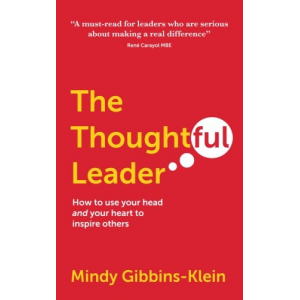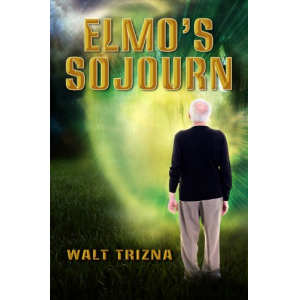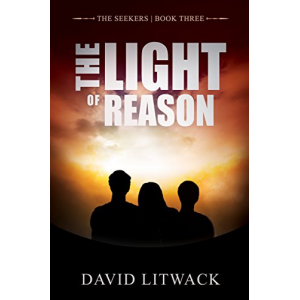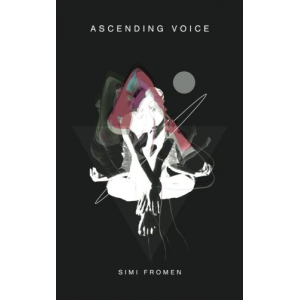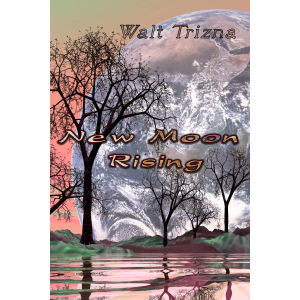- Author
- Book
- Story behind the book
- Media Links
- Reviews
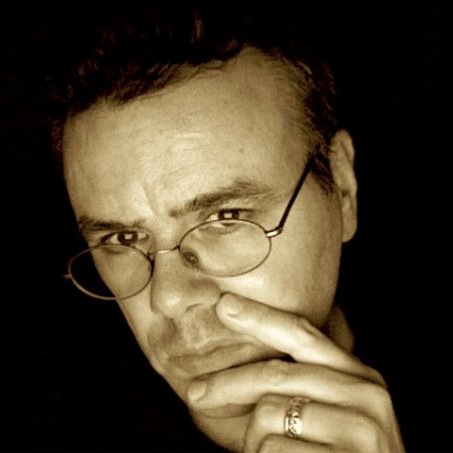
Henning Bauer
About
Henning Bauer was born in Germany and has been living in the United States since 1994. In addition to being a writer, he is a linguist, language teacher, and freelance translator/editor. He lives with his wife in San Francisco, California.
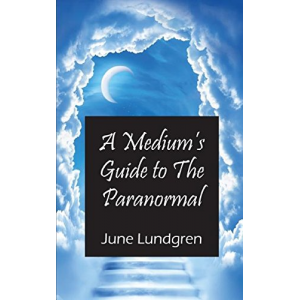
A Mediums Guide to the Paranormal
Description
<p>Do angels, ghosts and demons really exist, or are they a figment of our over active imagination? Can ghosts, demons and spirits harm you? If you don't believe in them they can't bother you right? How can you protect yourself against the paranormal? Do we live once and it's all over or do we come back time and again to live new lives? In this book, you will gain information about the paranormal from a psychic-mediums perspective. As a psychic medium I have gathered a lot of information about the other side. The book covers over more than 40 years of paranormal related information interspersed with my own personal paranormal encounters. Anyone who is interested in the paranormal including ghosts, demons, orbs and hauntings will enjoy the many topics covered in this book. Those interested in spiritualism, new age topics and metaphysics will find many of the chapters such as past lives, possession and death and the soul connection. People who are experiencing their own paranormal occurrences such as hauntings and spirit attachments will find help and information to help them. People of all ages, walks of life and many religions will find something of interest in the book. Even those who do not believe in the paranormal will enjoy many of the thought provoking topics covered in this book.</p>
Story Behind The Book
For my novel Frostworks, I had to familiarize myself with a kind of violence that is very different from what usually occurs in fiction: violence directed by a person against their own body. As with everything you haven't actually experienced yourself, research was key (my somewhat uneasy talent for vividly imagining all sorts of awful things helped a lot, too). Moreover, in a culture where self-mutilation—commonly referred to as cutting, although this is not the only manifestation of the disorder—is still grossly misunderstood by many people, the subject had to be presented sensitively but also without sentimentality. Getting into the head of Louise de Benoît, one of the protagonists of Frostworks, was pretty unsettling. It required much more than imagining what it would "feel" like to cut one's own skin open. In terms of what the benefits of such behavior could possibly be, that's actually not as hard to understand as you may think. Anyone who's ever bitten their nails, picked at a scab, or ripped into their cuticles until they ended up with a hangnail knows the deal, in principle: it's about calming yourself, about feeling in control. Amplify that need for calm a thousandfold, along with the damage required to achieve it, and you've got a pretty good idea why a person might take a blade to their own skin. The difficult bit, emotionally speaking, was my research into the causes for such extreme self-damage. I can't go into details here, but suffice it to say that cutters and other self-mutilators suffer from a severe version of PTSD or post-traumatic stress disorder. The trauma can be of varying nature but typically involves familial abuse, often incestuous rape, and other heartbreaking situations. Why self-mutilation is a frequent coping mechanism vis-à-vis such experiences is a complicated issue. But after reading several books about the topic, I began to gain an understanding of the terrible logic behind this destructive form of behavior. You may wonder why I sought out such a very specific topic, being myself free from all but the most trivial self-damaging behaviors (see above). The reason is that the latter is actually untrue. I believe that we all suffer more than we think, and certainly more than we should, from pain that we're unable to let go, and that we engage in plenty of self-damaging behaviors that appear to us as ways of coping with an immutable past. In the process, we harm ourselves, our relationships with others, and diminish our ability to enjoy life and reach our full potential for happiness. Physical self-mutilation, in my perception, is only an extreme manifestation of an inability to overcome negative experiences that made and, sadly, continue to make us who we are. I also insist on believing that we could all get and be better. That's what drove me to write Frostworks, with the specific protagonists and their specific grief. It's really about hope as much as it is about suffering.
